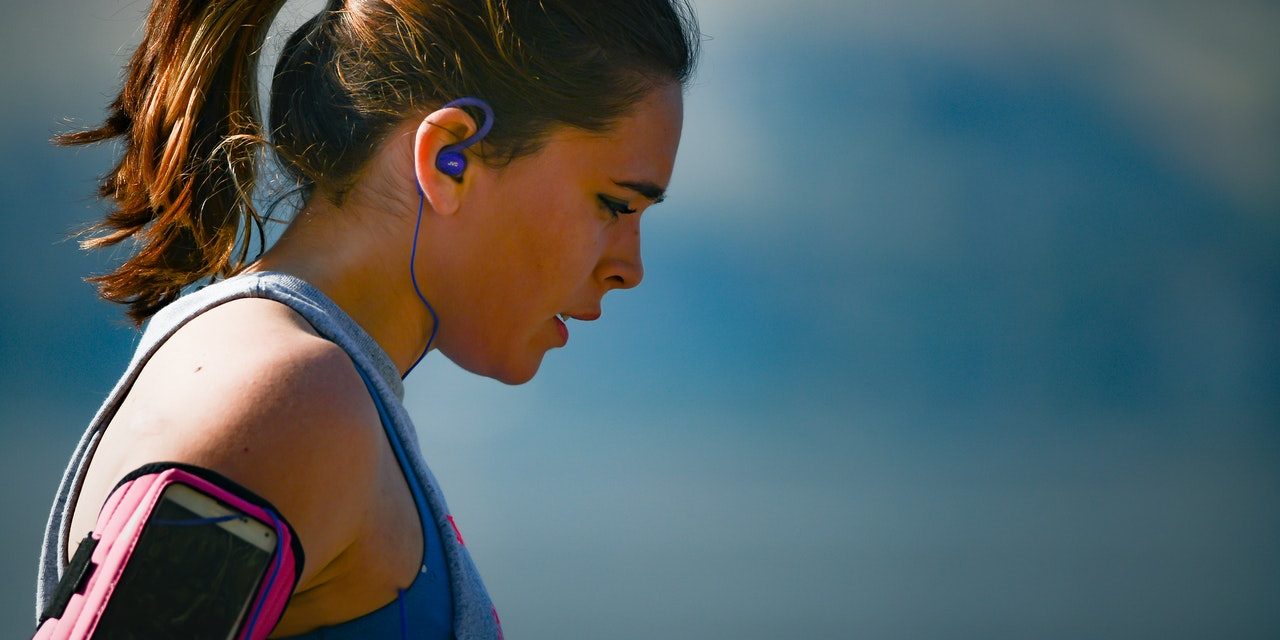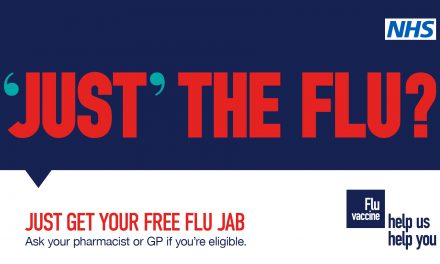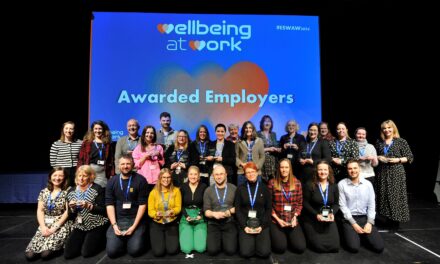With lockdown restrictions lifting, more people getting vaccinated and positive cases remaining low, concerns about getting Covid-19 may be starting to feel like a distant memory. That is, unless you’re one of the many sufferers living with Long Covid.
In a recent article for The Royal Society, Professor Charles Bangham FMedSci FRS, Professor of Immunology at Imperial College London wrote:
“For a significant proportion of people, Covid-19 is turning out to be a long-term illness – a condition that has become known as “Long Covid”.
For weeks and even months after the initial infection is thought to subside, patients are reporting a wide range of persistent symptoms. According to some estimates, between 2.3% and 10% of people who test positive for Covid-19 experience some symptoms for 12 weeks or longer. These can include fatigue, breathlessness, headaches, chest pains, palpitations and dizziness. Yet, there still isn’t a clear idea of just how common Long Covid is or how serious a problem it is likely to be, both for individual patients and wider society as a whole.”
Who is at risk
It has been well publicised throughout the pandemic that people with long-term illnesses and underlying health conditions are likely to be more vulnerable to the virus, but that certainly doesn’t mean those of us that are usually fit and healthy, are safe.
In October 2020, we spoke to one East Sussex resident whose weekly activities pre-Covid-19 included running 15 miles a week, swimming and attending other fitness classes on a regular basis.
Back in March 2020, Julie* fell ill with the symptoms we now know to be related to Covid-19. Eventually taken to hospital around four weeks after onset of symptoms but not admitted, Julie returned home to recover. Seven months later and she can manage to walk a couple of miles on a good day but struggles to do just the school run on a bad day.
Julie’s story – Living with Long Covid
“Most days I am in a significant amount of pain or discomfort, some days I’m so exhausted I feel I can’t breathe and can’t keep my eyes open. But I know I am one of the lucky ones. There are people much worse off than I am.
“I am lucky because I can work from home, If I was required in the office, I wouldn’t be well enough to return. Working from home I can take breaks, sleep when I am able and work my hours flexibly. But, I also have children to look after. On some days I can’t play with my children, pick them up from school or provide the care they need.
“Every now and then I deteriorate further, and my doctor will prescribe antibiotics and steroids, which tend to pick me up a bit and assist me back onto a plateau.
“I have never been so ill, that a run didn’t fix it and I haven’t been able to push through.”
“A few months after the onset of symptoms I completed a three day online course and could feel myself deteriorating as the days went on. A day later and I was back in A&E unable to breathe with high heart rate, but all the test results showed I was the perfect picture of health, even though I looked almost dead!
“It’s already been seven months, and no-one can tell me when or if this will get better.”
“It’s been likened to playing a game, but no-one tells you what the rules are or what the consequences will be. You are advised to pace and prioritise, but life isn’t like that, and the truth is no-one knows how to get better, or if this is permanent.
“I used to live my life at a whirlwind pace, so when I feel slightly better, I tend to speed up and not even realise until I feel unwell again. If it’s permanent, I need to know and I will adapt, but at the moment I’m in an uncomfortable limbo where I am not yet prepared to give up, but I am losing hope that I will feel well, and be myself again.”
Fast forward to May 2021 and Julie has improved but still isn’t 100%. She recently managed to run 5K which was a huge milestone for her but there is still some way to go and it has been well over a year.
Protect yourself from Long Covid
We have shared Julie’s story to remind our residents that no one is immune to Covid-19 which is why it is so important to follow the latest guidance and get vaccinated as soon as you are eligible. You might feel like you’re invincible, you may not be regarded as vulnerable, but Covid-19 can affect all of us. No matter how fit and healthy. If you’re worried about getting the vaccine, read our article Covid vaccination – a patient’s journey.
You can read more about Long Covid in the Royal Society blog post: What do we know about Long Covid?
*The name has been changed to protect the case studies identity.




